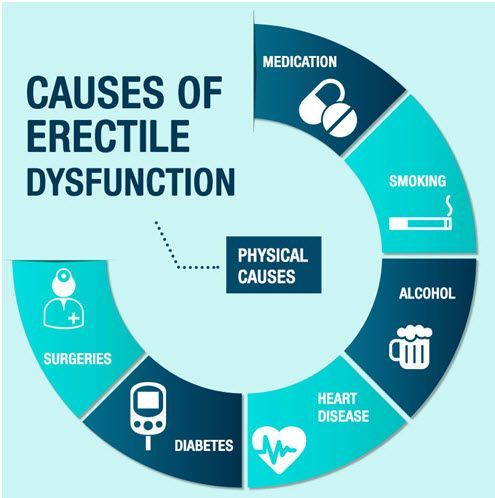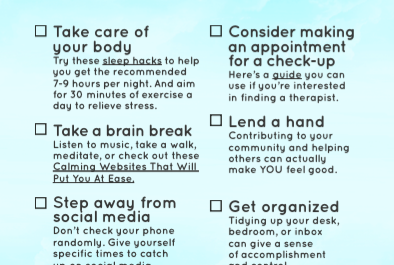Erectile dysfunction (ED) is a common condition that affects millions of men worldwide. It refers to the inability
to achieve or maintain an erection firm enough for sexual intercourse. While occasional difficulties in achieving
an erection are common, persistent or recurrent erectile dysfunction can have a significant impact on a man’s
self-esteem, relationships, and overall quality of life.
Causes of Erectile Dysfunction
Erectile dysfunction can have various underlying causes, including both physical and psychological factors. Some
of the common causes include:
1. Physical Causes
a) Cardiovascular Diseases: Conditions such as hypertension, atherosclerosis (hardening of arteries), and
diabetes, can affect blood flow to the penis, contributing to erectile dysfunction.
b) Hormonal Imbalances: Low levels of testosterone, a hormone responsible for male sexual function, can lead to
ED. Conditions such as hypogonadism can result in decreased testosterone production.
c) Neurological Disorders: Conditions that affect the nerves involved in the sexual response, such as multiple
sclerosis or Parkinson’s disease, can cause erectile dysfunction.
2. Psychological Causes
a) Performance Anxiety: Stress, pressure to perform, or fear of sexual failure can contribute to erectile
problems. Psychological issues, including depression and anxiety disorders, can also affect sexual performance.
b) Relationship Problems: Difficulties in a relationship, lack of emotional intimacy, or unresolved conflicts
can lead to erectile dysfunction.
c) Mental Health Disorders: Conditions such as depression, post-traumatic stress disorder (PTSD), or chronic
stress can interfere with sexual function.
Treatment Options
Fortunately, erectile dysfunction is a treatable condition, and several options are available to help men regain
their sexual function. The choice of treatment depends on the underlying cause and the individual’s health
circumstances.
1. Lifestyle Changes
In some cases, making lifestyle modifications can significantly improve erectile function. These include:
a) Regular Exercise: Engaging in physical activity improves cardiovascular health and blood flow, reducing the
risk of erectile dysfunction.
b) Healthy Diet: Consuming a balanced diet rich in fruits, vegetables, whole grains, lean protein, and healthy
fats can contribute to overall cardiovascular health, reducing the chances of ED.
c) Quit Smoking and Limit Alcohol: Smoking damages blood vessels, impairing blood flow to the penis. Excessive
alcohol consumption can also hinder sexual performance.
2. Medications
Medications are often prescribed to manage erectile dysfunction, especially for cases caused by physical factors.
a) Oral Medications: Drugs like sildenafil (Viagra), tadalafil (Cialis), and vardenafil (Levitra) are phosphodiesterase-5
inhibitors that enhance erectile function by increasing blood flow to the penis.
b) Hormone Replacement Therapy: If low testosterone levels are the underlying cause, hormone replacement therapy
may be recommended.
c) Alprostadil: Alprostadil is available as an injection, suppository, or penile implant to help achieve an
erection.
3. Psychological Counseling
In cases where psychological factors contribute to erectile dysfunction, counseling or therapy can be beneficial.
A qualified therapist can help address issues like performance anxiety, relationship problems, and stress that
may be affecting sexual function.
4. Surgical Options
If other treatments have not been successful, surgical options may be considered. These include:
a) Penile Implants: Surgically implanted devices can help achieve an erection by providing rigidity to the penis.
b) Vascular Surgery: In some cases, surgery can restore blood flow to the penis by repairing blocked or leaking
blood vessels.
Conclusion
Erectile dysfunction is a common condition that can be caused by various physical and psychological factors.
However, it is important to note that there are effective treatment options available. Seeking medical advice and
discussing the condition with healthcare professionals can help guide individuals towards the most suitable
treatment for their specific needs. Remember, support and understanding from partners and loved ones are also
crucial in managing this condition and improving overall sexual well-being.




